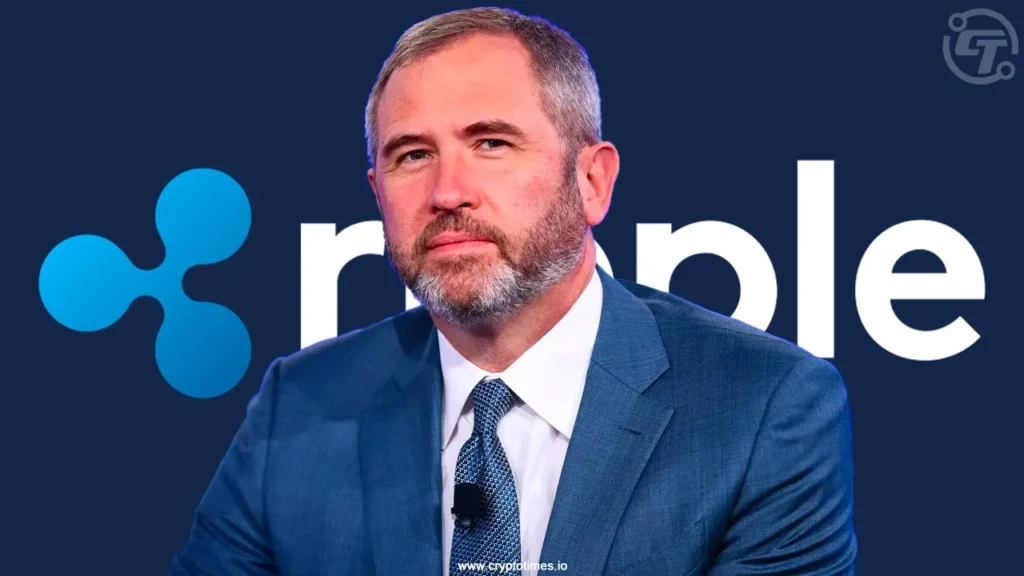Mastercard’s Bold Leap into Crypto: A $2 Billion Tokenization Gamble Points to Future Trends
In what is seen as a monumental move signaling the financial industry’s gradual pivot toward cryptocurrency, Mastercard has recently invested a staggering $2 billion into a tokenization platform. This decision not only underscores the company’s acceptance of the inevitability of cryptocurrencies but also paints a vision of a future where digital assets play a central role in mainstream financial transactions. This move has sparked discussions across various spectrums ranging from economic impacts to technological advancements and regulatory frameworks.
Understanding the Move: Why Tokenization?
Tokenization is the process of converting rights to an asset into a digital token on a blockchain. These tokens can represent real-world assets like real estate, stocks, or even intellectual property. Given Mastercard’s expansive reach and its pivotal role in global finance, the company’s investment in tokenization technology could lead to profound changes in how we handle assets digitally.
The appeal for Mastercard lies in the sophistication of blockchain technology, which offers enhanced security and transparency in transactions. By incorporating tokenization, Mastercard not only enhances the security features of digital transactions but also opens up a plethora of opportunities to make them swifter and more efficient. This could significantly reduce fraud and increase trust, which are critical components in digital financial services.
Significance in the Financial Ecosystem
Mastercard’s $2 billion investment in a tokenization platform is not just about adapting to cryptocurrency but also about leading the shift towards a digital-first approach in the financial sector. This approach reflects a clear signal to other industry giants and financial institutions that the future of finance will invariably include a significant digital asset component. By positioning itself at the forefront of this shift, Mastercard can shape the standards and practices that will define future financial transactions.
Moreover, this investment goes beyond the technical aspects and touches upon the potential for a systemic change in global economic infrastructure. Tokenization makes it possible to democratize access to investments and assets which have traditionally been out of reach for ordinary people due to geographic and economic barriers. Mastercard’s contribution could thus play a crucial role in making global finance more inclusive.
Potential Challenges and Criticism
Despite the apparent benefits, Mastercard’s venture into crypto and tokenization does not come without its challenges. Regulatory uncertainties and the volatility of the cryptocurrency market pose significant risks. Additionally, the energy consumption and environmental impact of blockchain technologies have been topics of intense debate and criticism.
To mitigate these challenges, ongoing dialogue with regulators and continual adaptation to new research and technologies will be imperative. Mastercard will need to navigate these waters carefully to maintain compliance and public trust while also pushing the envelope on innovation.
Future Outlook
Mastercard’s investment in a tokenization platform might be seen as a pivotal moment in financial history, marking the beginning of a broader acceptance and integration of cryptocurrency in traditional financial systems. As digital assets become more mainstream, their integration into established financial institutions will likely continue to evolve, potentially leading to entirely new economic models and practices.
The road ahead for Mastercard involves not only technological innovation but also strategic alliances, regulatory conquests, and most importantly, educating the market and their existing customer base about the benefits and workings of this new digital asset landscape.
Conclusion
By spending $2 billion on a tokenization platform, Mastercard has not only accepted the inevitability of cryptocurrencies but has also set the stage for an exciting era in finance. Whether this bold gamble results in a significant payoff remains to be seen, but one thing is clear: the financial world is turning increasingly towards blockchain and digital assets, and Mastercard intends to be at the forefront of this revolution.








